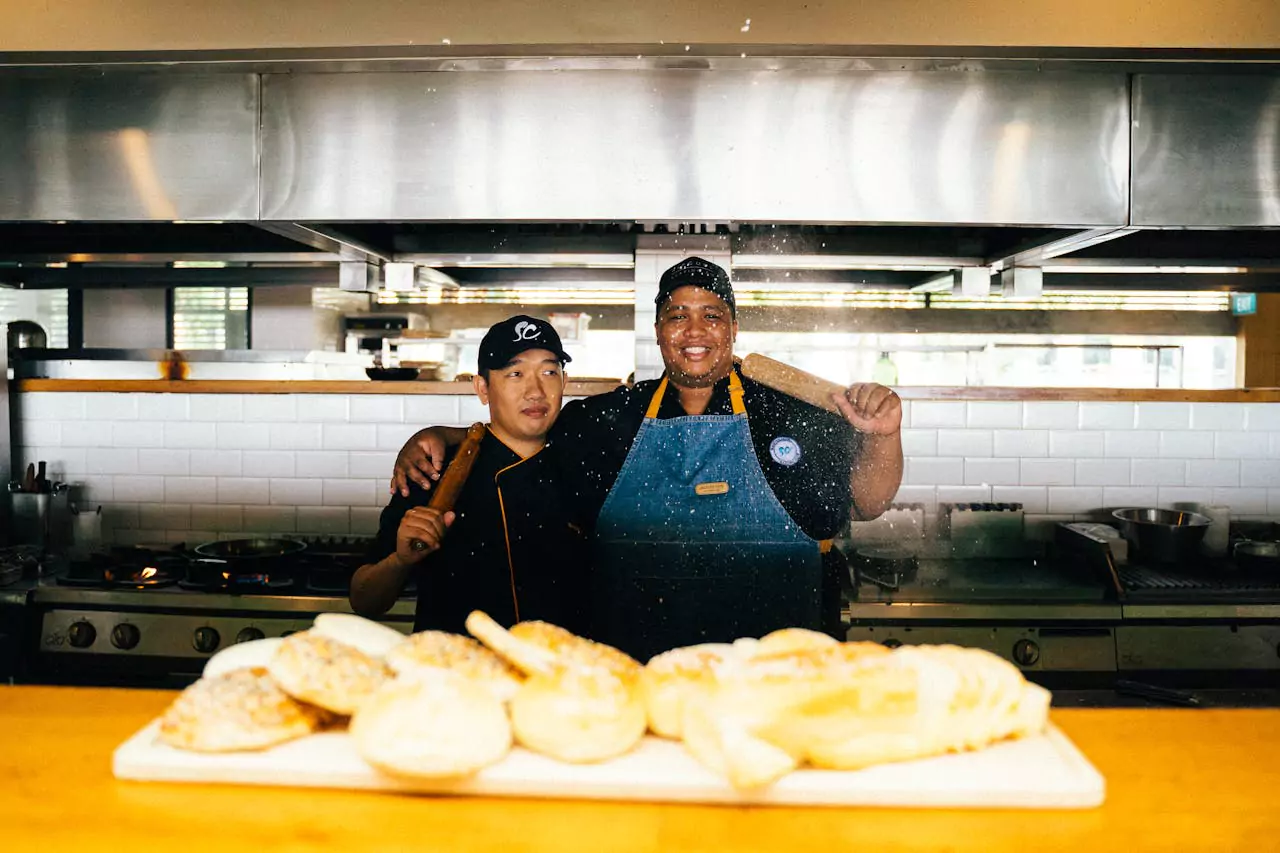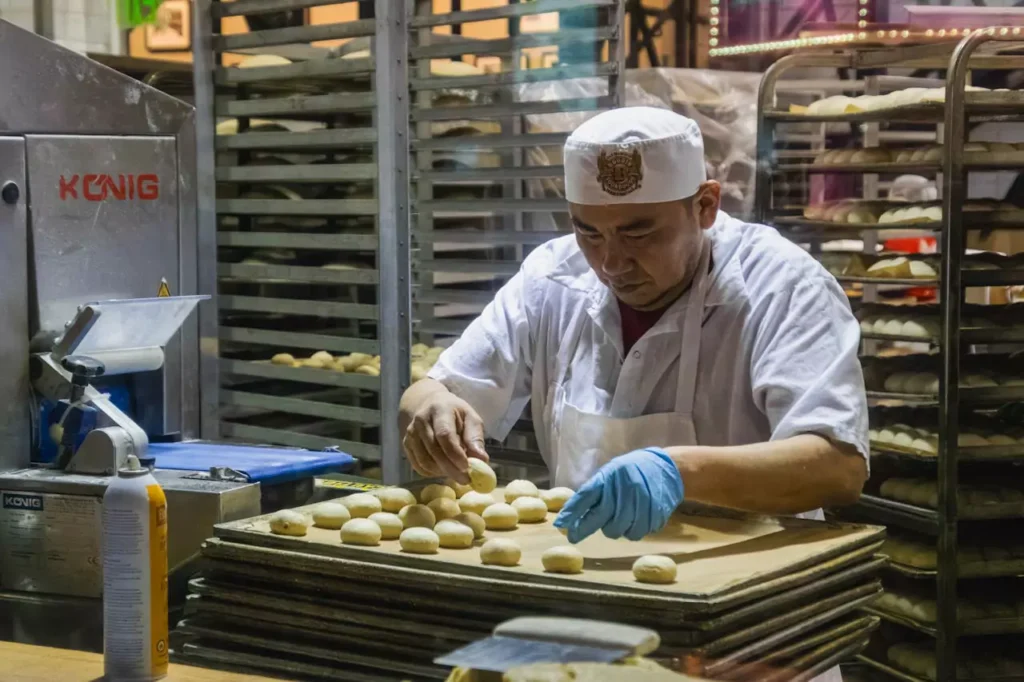
ResearchAndMarkets.com has recently added a new report to its extensive catalogue titled “Manufacture of Bakery Products Industry in South Africa 2025.” This comprehensive study explores the state of South Africa’s bakery products industry, examining the interconnected aspects of wheat production, flour milling, bakery manufacturing and sales, pricing trends, and the evolution of product lines, including the growing segments of health-focused and vegan offerings. The report also delves into the activities of major industry players, recent corporate developments, and the multiple factors influencing the industry, such as economic conditions, volatile input costs, shifting consumer preferences, technological innovations, and the broader competitive landscape.
The report offers detailed profiles of 24 significant companies operating within the sector. Among them are large-scale manufacturers like Tiger Brands, Pioneer Foods, RCL Foods, Premier FMCG, National Brands, and Libstar. It also features companies integral to the supply chain and technological support of the industry, including Baketech and VKB Milling, which specialize in supplying equipment, milling services, and other inputs critical to the baking process.
Challenges Facing the Industry
The growth trajectory of the South African bakery products sector has faced considerable headwinds in recent years. A central challenge has been the rapid escalation of input costs. Key raw materials, particularly wheat, have seen substantial price increases, largely influenced by global market fluctuations, adverse weather patterns, and supply chain disruptions. Additionally, South Africa’s chronic electricity supply instability has severely affected manufacturing operations, leading to increased operational costs and production delays. Power outages, commonly referred to as load-shedding, have forced companies to invest in alternative power solutions, further squeezing already tight margins.
Changing consumer behavior has added another layer of complexity. As economic pressures mount and household disposable income shrinks, South African consumers have become more price-sensitive, gravitating toward discount retailers and budget-friendly options. This trend has forced manufacturers to rethink pricing strategies and product offerings to remain competitive.
Notably, major national manufacturers have managed to expand their market share at the expense of independent bakeries and supermarkets over the past four years. This shift has effectively reversed a prior trend toward greater market fragmentation, consolidating power back into the hands of large, established players.

Key Trends in Bakery Product Consumption
Bread remains the dominant product within the bakery sector, with standard loaves—especially white bread—continuing to be the centerpiece of production and consumption. Over the last four years, the production and sale of white bread have seen a relative increase, even as brown and wholewheat bread varieties have experienced a decline. This shift in consumer preference is partly attributed to price sensitivity; white bread tends to be perceived as a staple food offering the best value for money in challenging economic times.
Interestingly, while consumers are showing heightened interest in health, wellness, and vegan products across many food categories, this trend has yet to significantly displace traditional white bread consumption in South Africa. Nevertheless, manufacturers are beginning to innovate in this space, introducing healthier and fortified variants to cater to a niche but growing market segment concerned with dietary choices and nutritional content.
The price competitiveness of bread against other staple foods, such as maize, cereals, and other grains, has remained relatively strong. In 2022 and 2023, global commodity price spikes exacerbated cost pressures on manufacturers, but these pressures have somewhat stabilized entering 2024. Despite the easing of global input costs, manufacturers continue to prioritize strategies centered on cost control, operational efficiency, capital expenditure discipline, and balance sheet strengthening.
Strategic Responses by Industry Players
Facing a challenging operating environment, leading bakery manufacturers have adopted a variety of strategic responses. Cost containment initiatives have been a major focus, encompassing everything from operational streamlining to workforce optimization. Companies have also prioritized investments in capital-intensive projects aimed at modernizing production facilities, improving energy efficiency, and reducing reliance on unreliable grid electricity.
Moreover, pricing strategies have evolved to maintain competitiveness while protecting margins. Major bakery brands have invested in “price positioning” campaigns, ensuring their products remain attractive to consumers despite the inflationary backdrop. At the same time, innovation has not been neglected. Several companies have introduced new product lines featuring added health benefits, organic ingredients, and vegan formulations, aiming to future-proof their offerings and capture emerging consumer trends.
The consolidation of market share by national bakery companies has had a significant impact on the industry structure. Independent bakeries, once thriving in local markets, have seen their market presence diminish. Meanwhile, supermarkets, although still important distribution points for bread and bakery products, have largely ceded production to the major brands. Supermarkets have instead focused on selling inexpensive 600g loaves, often sourced from larger manufacturers rather than being produced in-house.





